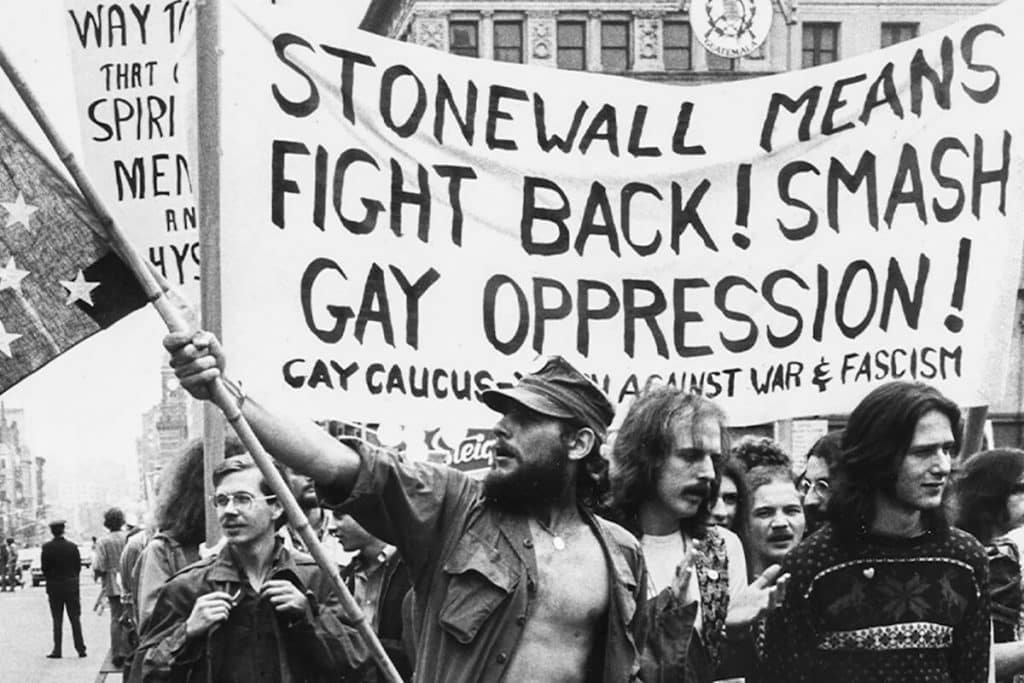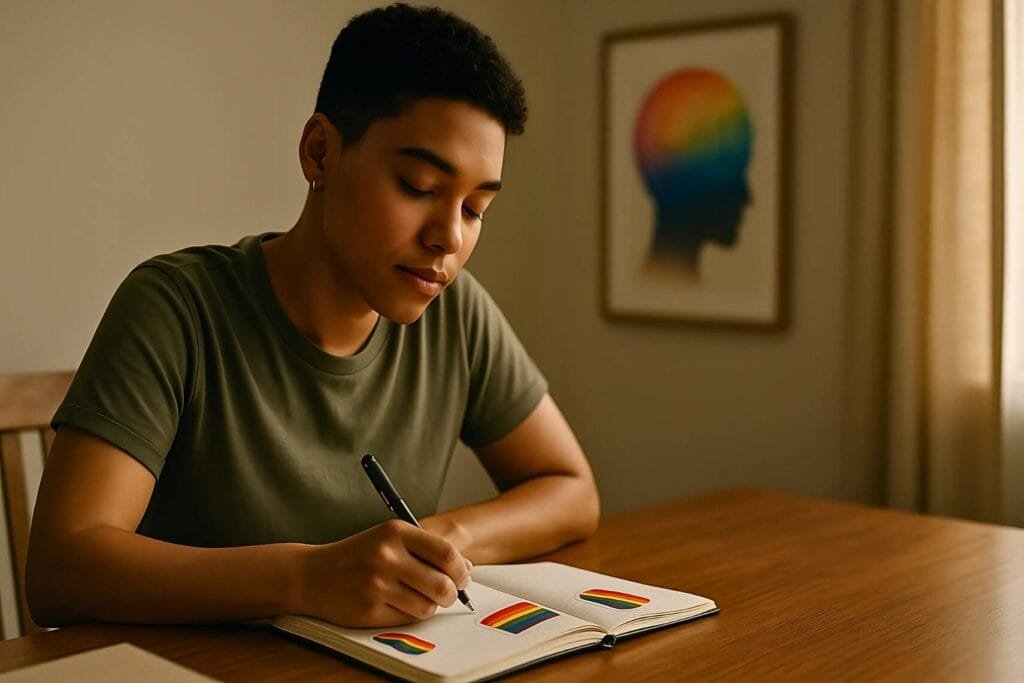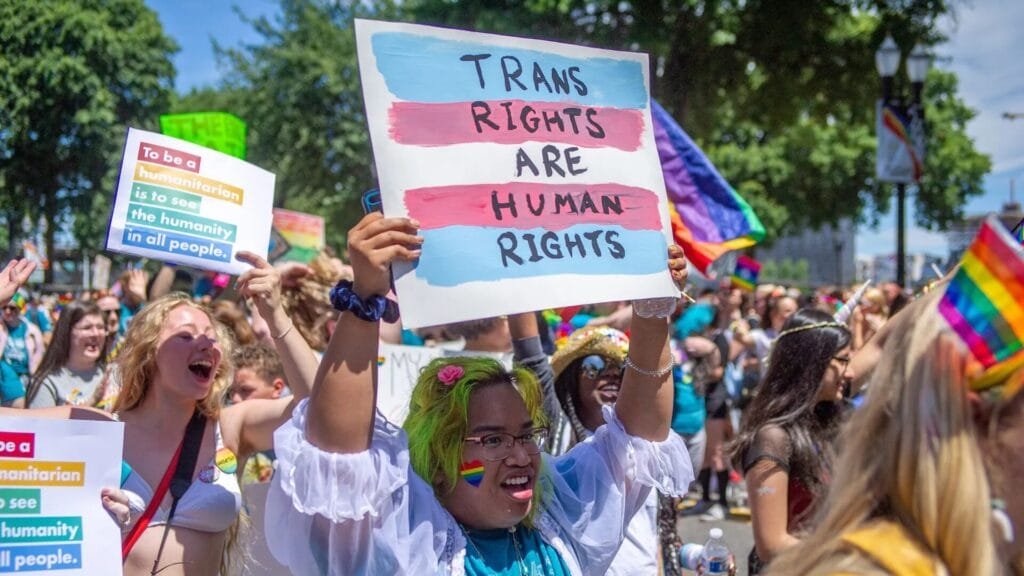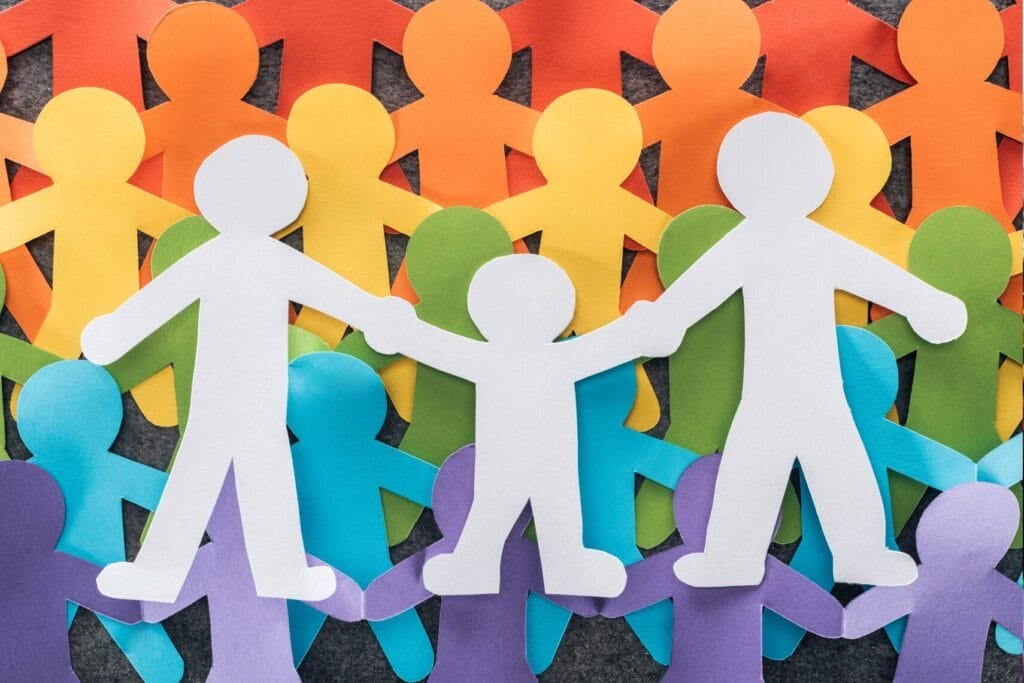
Why Pride Matters for Sexual Health and Wellness
Pride Month is a time of color, celebration, and community, but it’s also a powerful reminder of the ongoing fight for safety, equality, and freedom of expression.
As a psychologist and sex therapist, I see Pride as more than a cultural event. It is a vital opportunity to support visibility, mental health, and sexual wellness, especially for LGBTQ+ individuals who face stigma and shame around identity and pleasure.
And as someone who believes sexuality is a birthright, I show up for Pride because everyone deserves to live and love freely.
A Short History of Pride
Pride Month began in honor of the Stonewall Uprising in June 1969, when LGBTQ+ community members in New York stood up to police harassment and systemic violence. Led in part by Black and Brown trans women, the movement sparked global efforts toward LGBTQ+ rights.

The first Pride marches took place in 1970. Since then, Pride has grown into a celebration of identity and resilience, but it is still rooted in the fight for dignity, equality, and belonging.
Pride and Mental Health
Pride is about visibility and affirmation, two essential components of healing.
In my work, I have seen how shame and silence around sexuality can take a serious toll on mental health. LGBTQ+ individuals often face higher rates of trauma, anxiety, and depression. Without inclusive support, these issues remain unaddressed.
Pride helps change this. It reminds us that pleasure, connection, and identity are not things to hide. They are parts of who we are that deserve care and celebration.
“Pride is a healing practice. Not just for LGBTQ+ individuals, but for anyone reclaiming pleasure, identity, and self-worth.”

Why I Celebrate Pride as a Therapist and Human Being
I talk about Pride because I believe in a world where everyone can access sexual wellness and safety without shame.
Because pleasure is a vital part of health.
Because no one should have to hide who they are to feel safe in a relationship or a therapy room.
Because I want my clients to know that their identities are valid, that their desires are natural, and that they are worthy of love and healing.
How My Practice Supports LGBTQ+ Clients
In my practice, I offer a space where LGBTQ+ clients can explore pleasure, healing, and identity without judgment. Whether unpacking shame, rebuilding trust, navigating relationships, or discovering intimacy in their lives, I am here to support the whole person.
My approach centers on inclusive care, trauma-informed therapy, and a deep respect for the lived experiences of each client. Sexuality is not something to fix. It is something to honor.
Pride in Today’s World

Even today, LGBTQ+ rights are being challenged. From laws limiting gender-affirming care to the removal of inclusive content from schools and media, there is still work to be done. Pride reminds us that visibility is not a trend. It is a form of protection, affirmation, and advocacy.
We need spaces that support the full spectrum of human sexuality and identity. We need language, care, and policies that reflect the reality of people’s lives.
How Allies Can Make a Difference
Being an ally is not about having all the answers. It is about showing up, listening, and creating safer spaces for others.
Here are a few ways to support the LGBTQ+ community:
- Listen to LGBTQ+ voices through books, podcasts, and lived experiences
- Support queer-owned businesses and inclusive healthcare providers
- Speak up when you see exclusion, discrimination, or erasure
- Create space for honest conversations in your relationships and communities
Allyship is a practice. Pride is a powerful time to begin or renew that commitment.
Intersectionality Matters
Pride also means recognizing the diversity within the LGBTQ+ community across race, gender, ability, culture, and class. The experiences of queer people of color, disabled individuals, and trans folks often remain underrepresented.

Healing is not one-size-fits-all. True inclusion means holding space for the unique and intersectional experiences that shape identity and pleasure.
Pride Is a Healing Practice
Pride is not just a party. It is a path toward reclaiming joy, safety, and connection.
Whether you celebrate openly or reflect quietly, your story matters; you deserve pleasure, freedom, and a life that feels entirely your own.
Let’s keep building a world where everyone can experience love, intimacy, and pride without apology.
Frequently Asked Questions
What is the meaning of Pride Month?
Pride Month honors the 1969 Stonewall Uprising and celebrates LGBTQ+ identities, rights, and contributions. It promotes inclusion, visibility, and the ongoing fight for equality.
Why is Pride important for mental health?
Pride affirms people’s identities, reduces shame, and fosters community, all essential for emotional well-being, especially for LGBTQ+ individuals who face discrimination.
How does Pride connect to sexual wellness?
Sexual wellness includes safety, consent, pleasure, and identity. Pride supports the freedom to explore and express sexuality without fear, judgment, or shame.
How can therapists support LGBTQ+ clients?
Therapists can create affirming, nonjudgmental spaces that honor each person’s experience and identity. Inclusive, trauma-informed care is essential for healing and connection.






